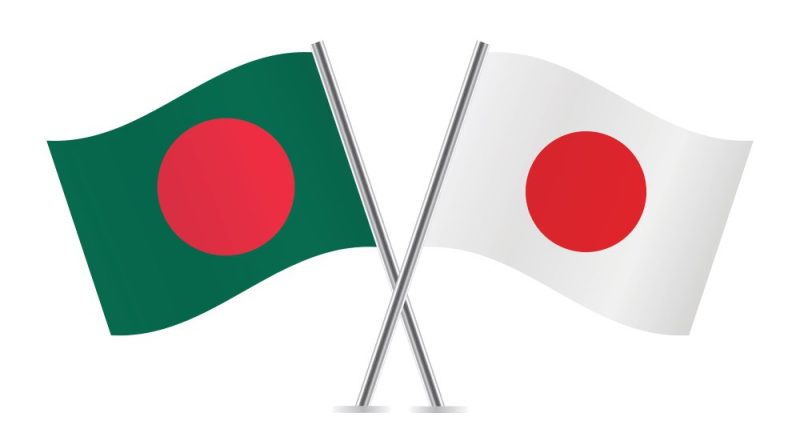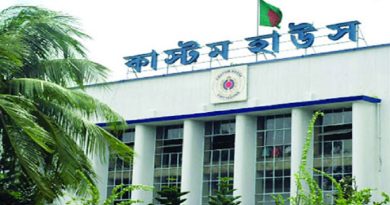Bangladesh is drawing increasing attention from Japanese investors, according to Kazuiki Kataoka, Country Representative of the Japan External Trade Organization (JETRO) in Bangladesh.
“Every week, JETRO receives enquiries from companies across Japan looking to understand Bangladesh’s economy and explore opportunities for joint ventures or direct investment,” he said. “During our recent seminars in Tokyo and Osaka, attendance far exceeded capacity—proof of Bangladesh’s rising appeal among Japanese businesses.”
Japanese firms are showing growing interest in manufacturing, food processing, and human resource development. While companies once came primarily to produce goods for export, Bangladesh’s large domestic market of 170 million people is now an equally strong attraction.
However, Kataoka identified two persistent challenges—lack of transparency and policy inconsistency—that continue to slow progress.
“One of the biggest obstacles is the work permit process. Foreign experts must obtain security clearance before receiving a permit, but the procedure lacks clarity and often takes months—or even more than a year—to complete,” he said. “Without work permits, companies cannot open bank accounts or begin operations.”
The Bangladesh Investment Development Authority (BIDA) has introduced a digital security clearance system, which Kataoka described as an important first step. He urged the government to extend the digital process to all stages of the work permit system to minimize delays and enhance transparency.
Customs procedures remain another concern. Frequent staff rotations and differing interpretations of regulations make import and export processes unpredictable and costly. The National Board of Revenue’s (NBR) National Single Window system is a promising reform, but its success will depend on uniform enforcement.
“Investment procedures should depend on the system, not on individual officers,” Kataoka noted. “Transparency means minimizing the space for personal interpretation.”
Despite these obstacles, Japanese interest remains robust. Several firms are conducting feasibility studies for joint ventures in manufacturing and food processing, with one new venture set to start operations in December.
In the automobile sector, Mitsubishi Motors has partnered with Rancon Group to assemble cars locally, while Honda and other companies are producing components such as car seats for export.
Japanese companies are also expanding collaboration in human resource development. Many organizations are recruiting workers from Bangladesh to meet Japan’s growing labor demand in caregiving, construction, and agriculture.
To sustain investor confidence, Kataoka emphasized the need for policy stability, particularly regarding tax incentives. “Sudden withdrawal of tax benefits after investment creates uncertainty and undermines business planning,” he said.
Bangladesh has made notable progress in improving its business environment, he added. With continued efforts toward digitalization, transparency, and consistency, the country could emerge as a reliable hub for manufacturing, technology, and skilled workforce cooperation, deepening the economic partnership between Japan and Bangladesh.






